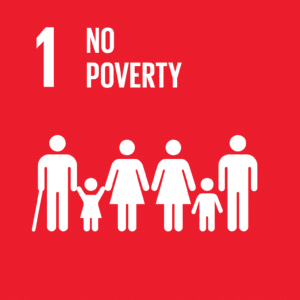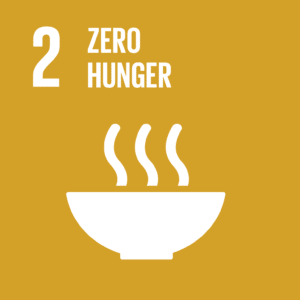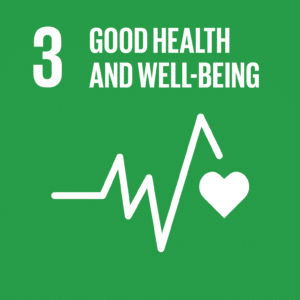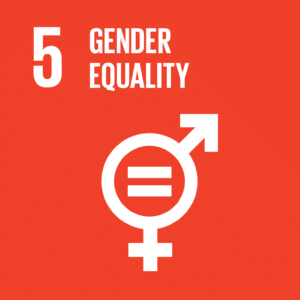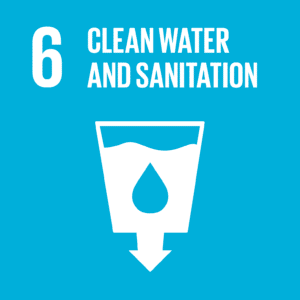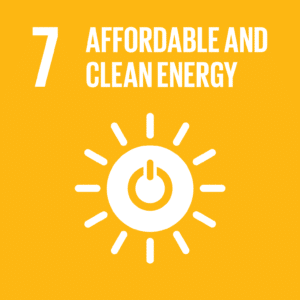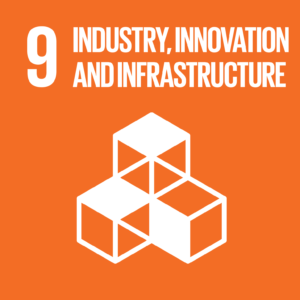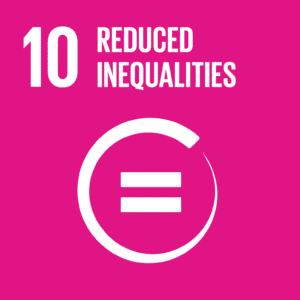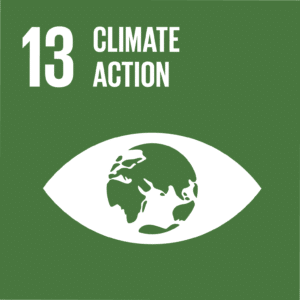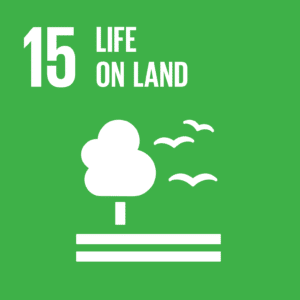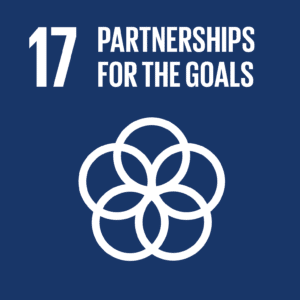Implementing nature-based solutions and strengthening disaster response capacity

Strengthening community resilience against climate change in Phalombe and Blantyre in southern Malawi
Climate change has led to frequent and intense extreme weather conditions in Malawi, such as devastating floods and cyclones. Climate change also creates favorable conditions for disease outbreaks, such as malaria and cholera. The ongoing cholera epidemic following cyclones Idai and Freddy in March 2022 and 2023, particularly in Phalombe and Blantyre, highlights the climate sensitivity of disease outbreaks.
Additionally, factors such as high population growth, urbanization, and poverty contribute to land scarcity and environmental pollution, which in turn contribute to greenhouse gas emissions and climate change. Unsustainable agricultural practices threaten biodiversity, while deforestation due to logging, firewood extraction, and forest fires significantly contribute to greenhouse gas emissions.
The absence of measures against climate risks, together with the vulnerability of the population, exacerbates the impact of climate disasters. Rapid action is crucial to mitigate the consequences of climate change and contribute to a prosperous, self-sufficient, and inclusive Malawi.
Climate-smart agriculture and healthcare systems
Ten community committees in Phalombe are being trained in forestry, tree nursery, and climate-smart agriculture to promote forest conservation through tree regeneration and replanting. Farmers receive seedlings and are trained in agricultural clubs in sustainable farming practices, including drought-resistant methods and energy-efficient irrigation systems.
Local disaster preparedness and response capacity are enhanced in the same 10 village communities, where villagers are engaged in identifying their vulnerabilities and capacities during disasters. Emergency plans are developed at various levels, and school clubs are established for disaster risk management and for strengthening and equipping early warning teams.
Volunteers in Phalombe and Blantyre are being trained to combat epidemics. Awareness sessions are held on diseases such as cholera and malaria. Sensitization campaigns on blood donation and blood collection are organized to address the growing demand for blood transfusions resulting from disease outbreaks.
Sustainable and climate-friendly agricultural and forestry practices are being implemented on 3,000 hectares of land.
In 10 community committees (1 per community), 150 members are being trained in forestry and tree nursery. Members are also trained in disaster preparedness, emergency planning, first aid, and search and rescue operations.
10 agricultural clubs are established and provided with 20,000 fruit tree seedlings to promote the cultivation of perennial crops such as bananas and fruit trees. They will also be able to produce their own seedlings. In total, 50,000 trees will be planted.
In 10 school clubs, 50 teachers and 100 childcare workers are trained in disaster risk management. 10 warning teams are established, with 150 members trained in early warning systems and evacuation procedures. Finally, 50 health volunteers are trained in epidemic control.


Would you like to know more about this project?

